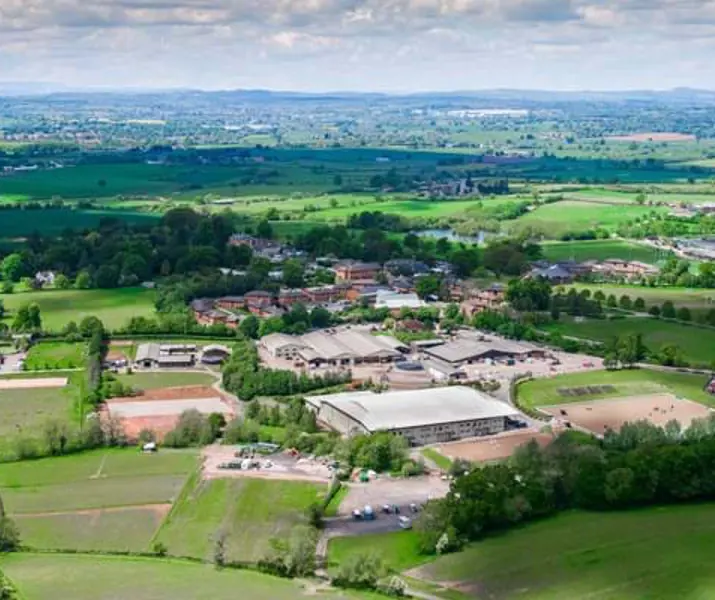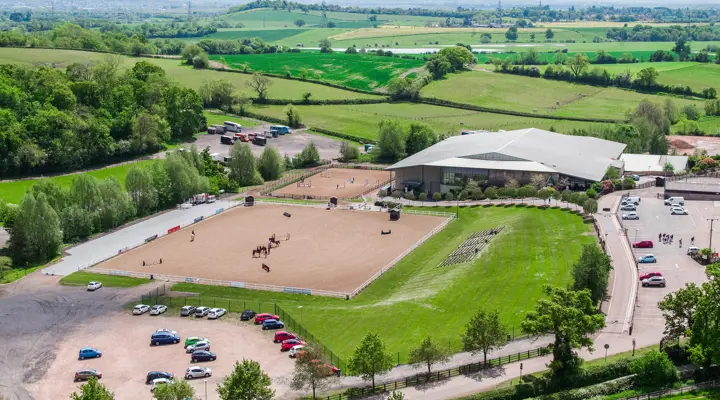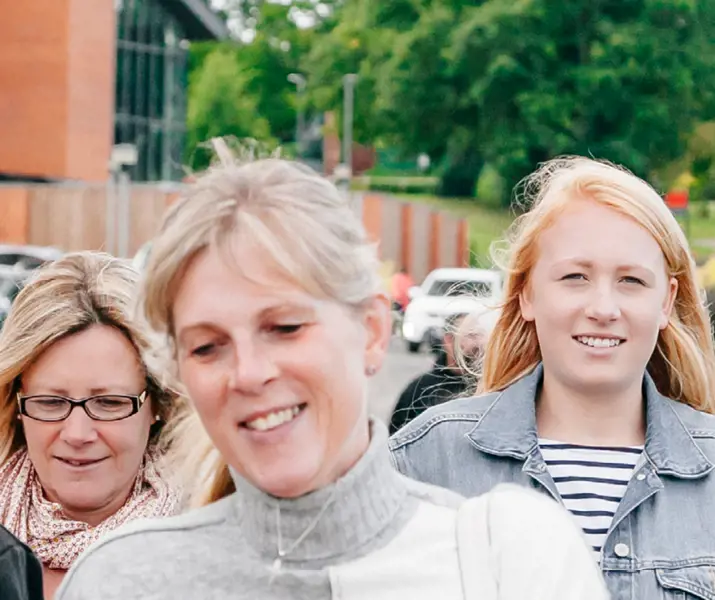Create connections
"The practical experience I got at Hartpury helped me come back to Canada and put all of it into practice. Being able to speak and assess on the same level as the other professionals I work with, like the veterinary physios, has been invaluable."
Thalia Edwards, Human and Equine Sports Massage Therapist, MSc Equine Science graduate
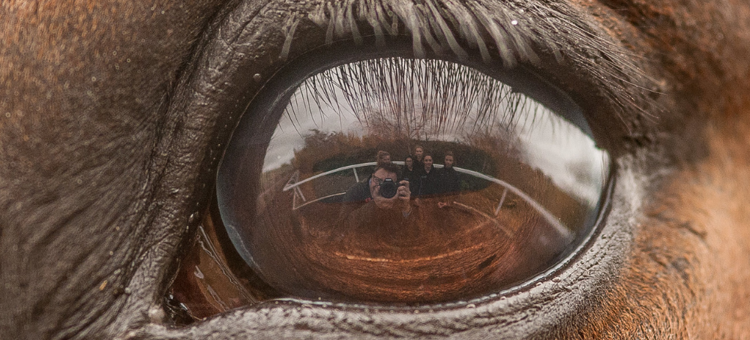
MSc Applied Equine Science
Apply theory to practice on a campus equipped with world-class equestrian facilities, including competition arenas, equine therapy and rider performance centres, as well as over 200 horses and riders of all levels.
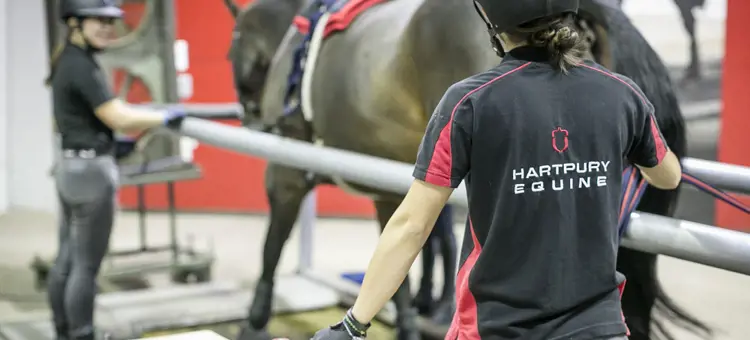
Equine Performance and Rehabilitation (Postgraduate Certificate)
This course is ideal for those who want to integrate advanced science with high-level equine performance. Applying theory to practice in the real world, you’ll learn how to maximise equestrian athletic performance, aiding the selection of performance horses and extending successful careers of both the horse and the rider.
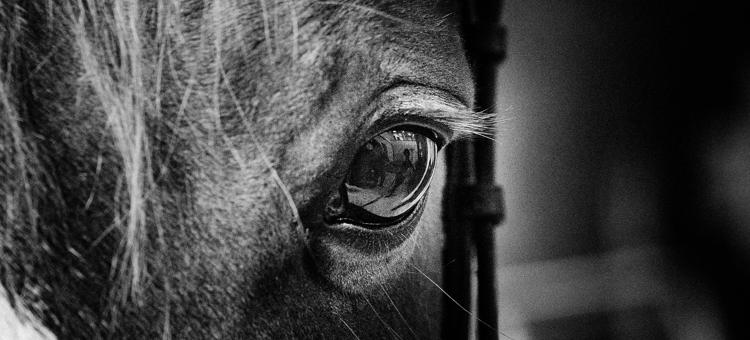
MSc Equitation Science
Improve the welfare of horse and rider through ethical decision-making underpinned by the latest scientific research. This course can be studied in CPD module blocks, making it ideal for professionals, or via more traditional academic pathways.
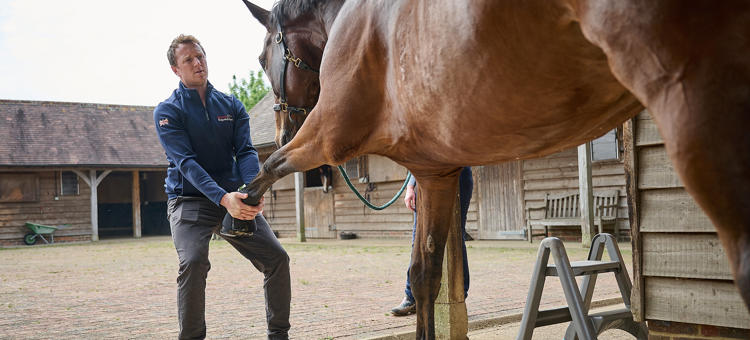
MSc Veterinary Physiotherapy (MSc, Postgraduate Diploma)
This course is for those who have completed a BSc (Hons) Physiotherapy degree and who want to qualify as an animal physiotherapist. Accredited by the Chartered Society of Physiotherapy (CSP), successful completion will enable you to register as a professional practitioner with the Association of Chartered Physiotherapists in Animal Therapy (ACPAT) and the Register of Animal Musculoskeletal Practitioners (RAMP).
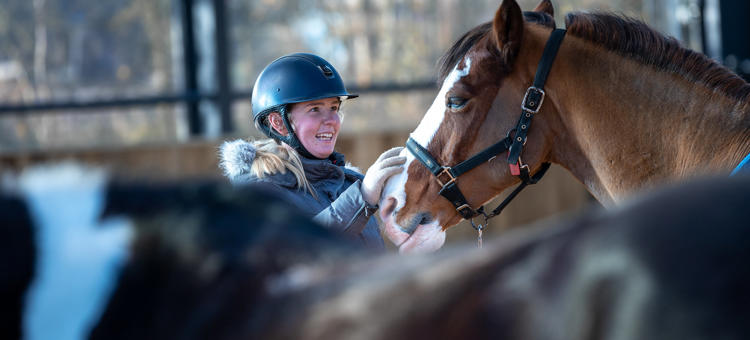
Equine Behaviour and Welfare (Postgraduate Certificate)
This is the ideal postgraduate course for those who want to integrate advanced science with the field of equine behaviour and welfare. You’ll apply theory to practice in a supported setting, while developing new expertise to advance your knowledge and career.
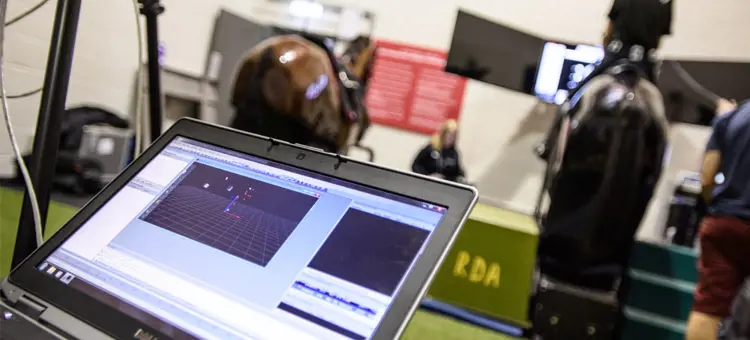
MRes Equestrian Science
This unique Master of Research (MRes) degree is a specialised master’s degree that provides the opportunity to develop a deeper understanding of the core principles of research as well as the ability to undertake research in the equestrian science subject area.
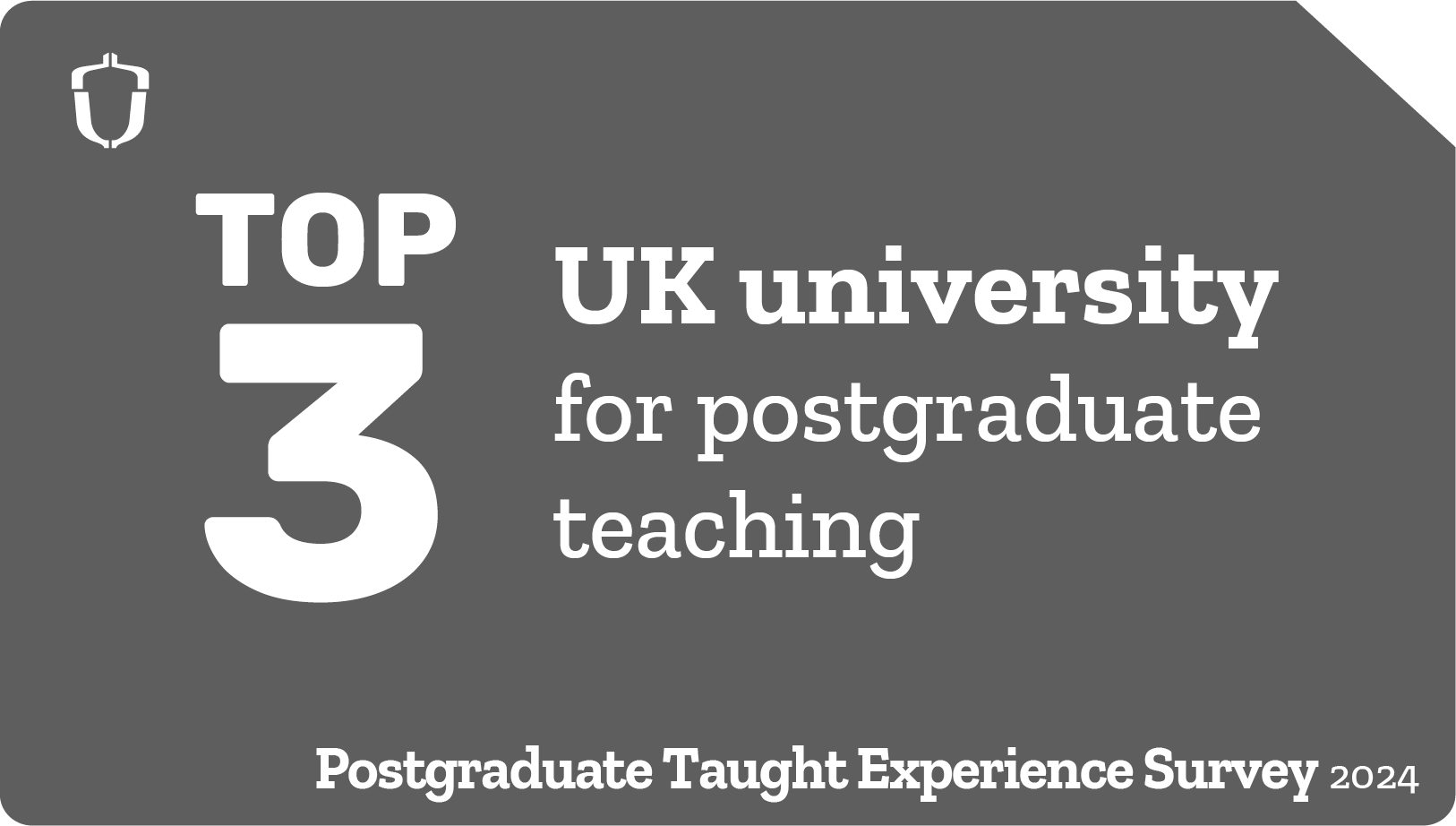
Top 3 UK University
We're a top 3 UK university for postgraduate teaching, and top 5 UK university for overall postgraduate satisfaction (PTES 2024).
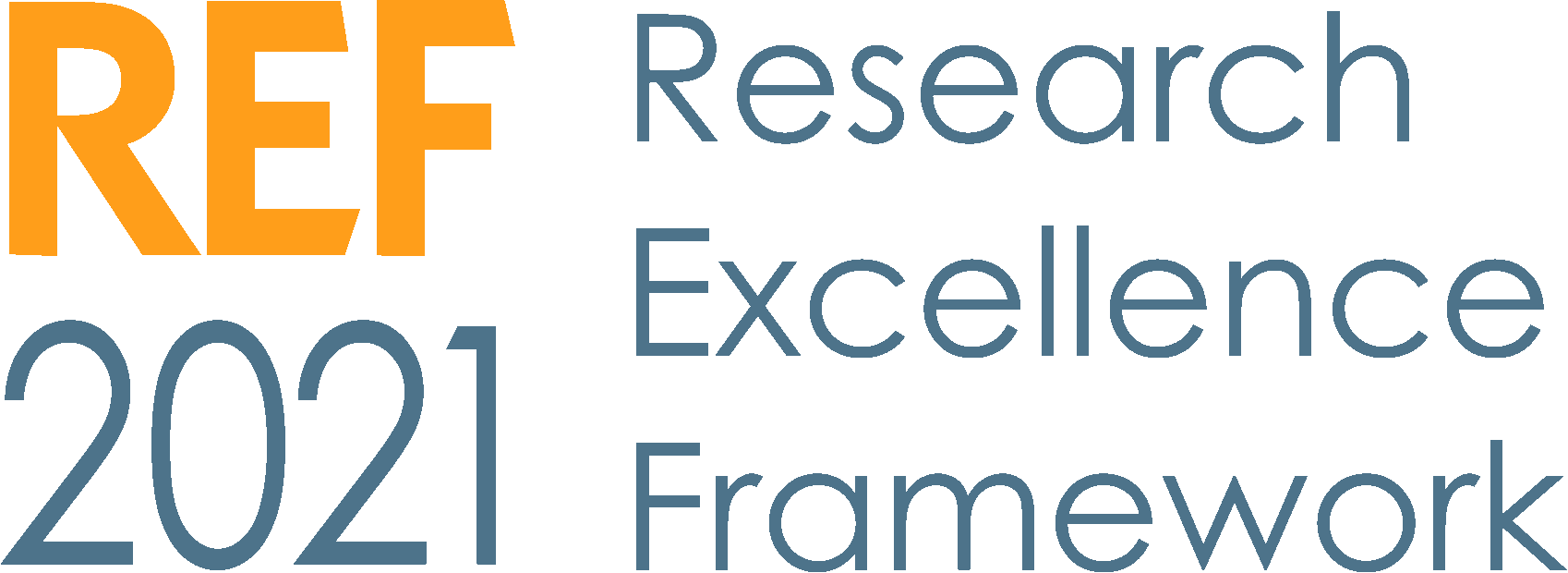
World leading
Our research has been recognised as 'world-leading' and 'internationally excellent' (Research Excellence Framework 2021).
Get in touch
Ask us a question about postgraduate study at Hartpury University or just add your contact details to receive updates on news, events and updates on opportunities to visit us.
It's a good idea to think about fees and funding around your course as early as you can. We can help you to understand and take control of your finances. Here’s everything you need to know at a glance.
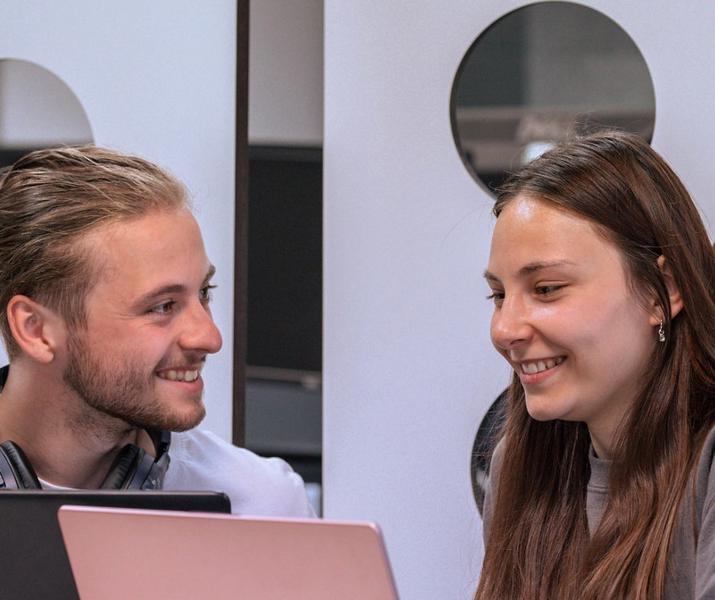
Our specialist facilities match our specialist nature. Students benefit from access to some of the most advanced facilities in the world at an educational institution.
